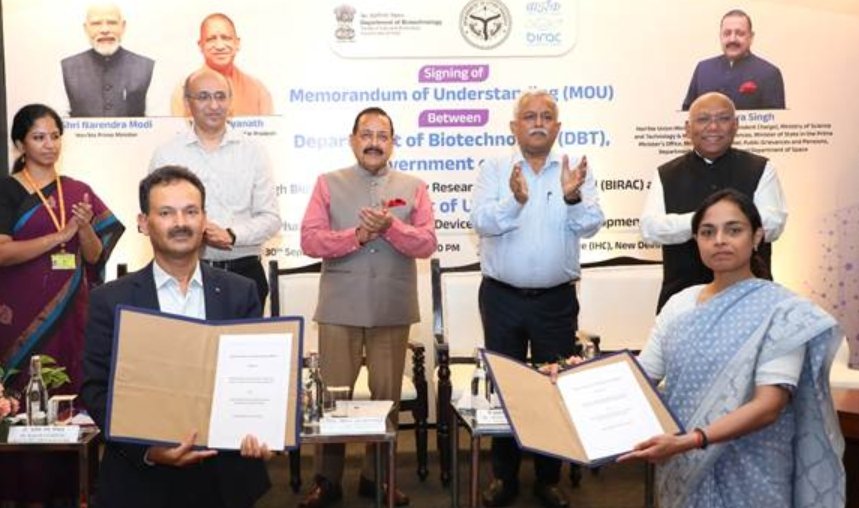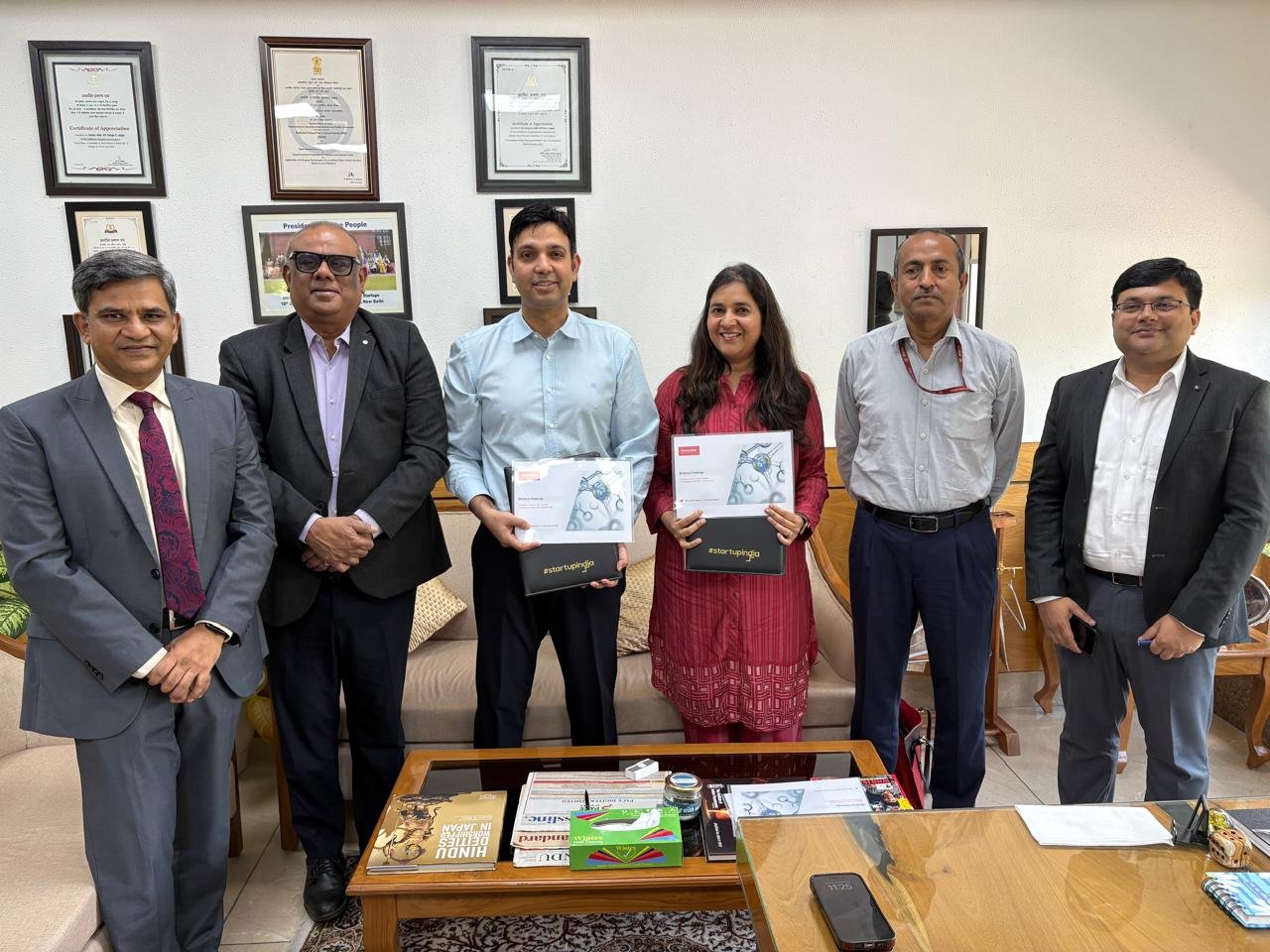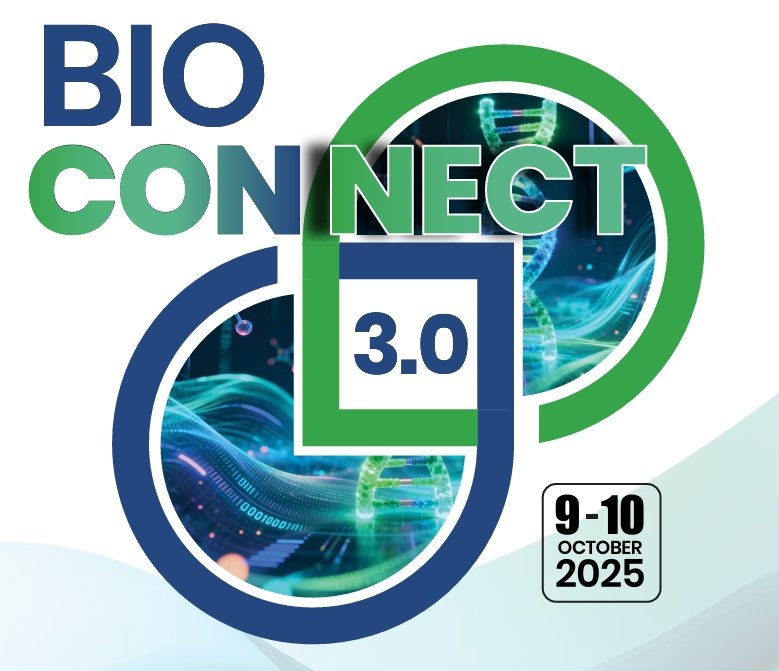Small firms lack marketing set-up
October 11, 2011 | Tuesday | News

|
Dr
Biswajit Roy
Founder & MD, Chromous Biotech
The author did PhD in molecular biology from the Bose Institute,
Kolkata, and has four years of post-doctoral research experience from
the Cleveland Clinic Foundation, US. He also has 11 years of experience
in firms engaged in molecular biology research.
|
There are distinctions between pharmaceutical and molecular biology
products, though they are all clubbed together as biotechnology
products. Manufacturing capabilities and technological challenges for
both are very distinct. While the pharma industry in India is on a
high, there are only a handful of molecular biology product
manufacturers in the country. Chromous Biotech is an original
manufacturer of molecular biology products from India and one of the
few such companies in the world.
The biotech companies involved in manufacturing of molecular
biologicals have a few common special features that influence their
market performance:
- Most molecular biology companies spend 25 to 30 percent of their
revenue on R&D.
- Most companies are highly rich in technology.
- The established and highly branded molecular biology companies
have multi-billion dollar revenues with global presence.
- Continuous aggressive consolidations are taking place in the
industry as larger companies are buying smaller technology-rich
companies to maintain dominance in the market.
- Most companies practice variable pricing in different countries
to remain competitive. The countries with no indigenous molecular
biology companies suffer greatly because of lack of bench-marking.
- The protocols of storage, shipment and handling of products are
critical and temperature sensitive. Most MNCs have distribution centers
in India for stocking and quicker supply of products.
To better understand the challenges of marketing of molecular biology
products in India, we are required to understand a few salient features
of the business:
- The industry has the most learned brand of customers. All are
scientists from research institutes and universities. An estimated 500
institutes with around 20,000 scientists working in the field of
molecular biology in India spend around
 500 crore annually.
500 crore annually.
- Brand value and confidence on product quality matters a lot. Most
prominent foreign-bound scientists prefer branded products even if
local reliable alternatives are available.
- The acceptance of products (from even highly branded companies)
depends a lot on factors that are not within the control of the
companies. This is because of the presence of variables with sensitive
implications in every molecular biology experiment. Thus, while one
scientist can vouch for Invitrogen to be the best, another may prefer
New England Biolab’s products.
- Very often, the purchasing authority of the institutes is not
clear. It can be the purchase department or PhD students and scientists
themselves who makes the decisions.
Marketing challenges
Marketing activities of biotechnology companies in India are probably
not as organized and efficient as the multinational companies because
they lack proper infrastructure. The MNCs have the resources for
setting up well-structured marketing set-ups and are willing to nurture
their brands with a strong scientific approach over a period of time.
The availability of resources is not a constraint for them unlike the
smaller biotech companies.
The MNCs also invest heavily on brand development which allows them to
maintain pricing at high premium. This gives them the leverage for
marketing costs. Indian companies hardly have the resources for the
same. Most MNCs invest heavily on R&D and hold patents on groups of
products or technologies. The innovator would derive valid edge over
competitors. Average Indian first-generation start-up companies are not
able to invest in R&D due to lack of investments from financial
Institutions in India. Also, the wealth of marketing information of
MNCs in other geographies is very useful.
Chromous Biotech, established in 2006, took the direct marketing
approach where the marketing team approached scientists and institutes
directly for business. It initially helped the company in brand
development. The customers typically associate well to the company in
this way. The scientists get better service in terms of scientific
feedback and troubleshooting as most marketing and sales team members
are post-graduates themselves. Profitability also remained high as
distributors’ margins are saved.
The drawbacks were that coverage remained poor as the team members
could only reach a handful of customers. The collection of payments was
the biggest shortcoming. To continue the growth of Chromous Biotech in
terms of revenues (that became stagnant because of limited coverage),
the company then involved distributors to increase its coverage.
Currently, the company has 53 authorized distributors to serve
scientists from all major research institutes of India.










